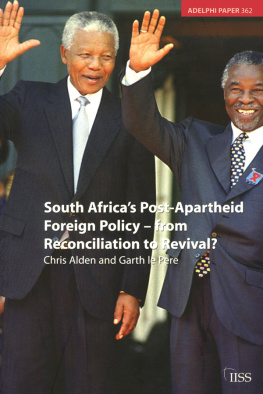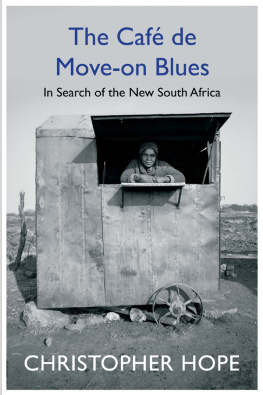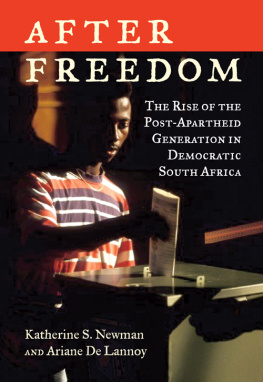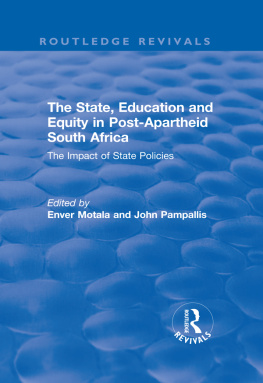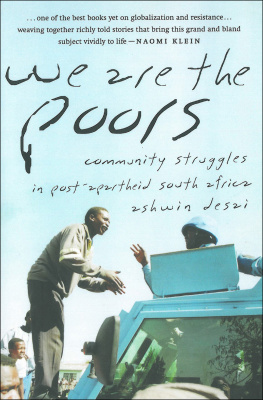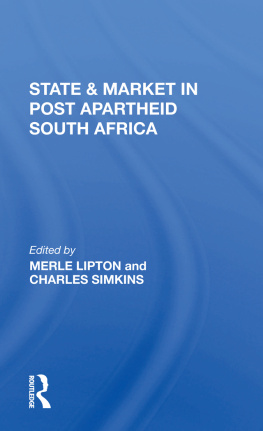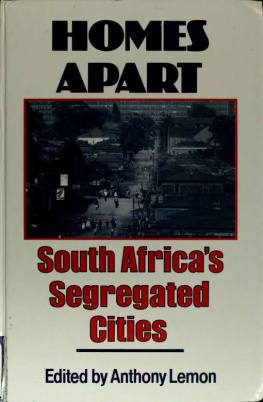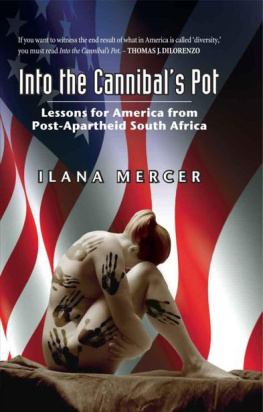
Traumatic Storytelling and Memory in Post-Apartheid South Africa
This book explores the practice of traumatic storytelling that emerged out of the South African Truth and Reconciliation Commission and came to play a key role in the lives of the members of the Khulumani Support Group for victims of apartheid-era political violence. Group members found traumatic storytelling both frustrating and yet also an important form of memory work that shaped how they saw themselves in the post-apartheid era. Drawing on ethnographic fieldwork, the author examines how traumatic storytelling functioned not only as a kind of psychological healing and national political theater, but also as a potent form of social relation, economic exchange, political activism, and expressive practice. With emphasis on the personal, social, and political significance of the act of traumatic storytelling, this volume asks why members of Khulumani, despite their many disappointments, continued to engage intensively in storying their experiences for themselves and others. Examining what powers storytelling held for both group members and their witnesses, and considering the ways in which storytelling enabled new senses of self and new understandings of what was possible in the years after the end of apartheid, this book considers what we might learn more broadly from the experiences of Khulumani about the possibilitiesand limitsof traumatic-memory-making as an instrument of personal, social, and political repair. As such, it will appeal to scholars of sociology, anthropology, and criminology with interest in justice and post-conflict societies.
Christopher J. Colvin is an Associate Professor and the Head of the Division of Social and Behavioural Sciences in the School of Public Health and Family Medicine at the University of Cape Town, South Africa.
Memory Studies: Global Constellations
https://www.routledge.com/sociology/series/ASHSER1411
Series editor:
Henri Lustiger-Thaler, Ramapo College of New Jersey, USA and Ecole des Hautes Etudes en Sciences Sociales, France
The past in the present has returned in the early twenty-first century with a vengeance, and with it the expansion of categories of experience. These experiences have largely been lost in the advance of rationalist and constructivist understandings of subjectivity and their collective representations. The cultural stakes around forgetting, useful forgetting and remembering, locally, regionally, nationally, and globally have risen exponentially. It is therefore not unusual that migrant memories; micro-histories; personal and individual memories in their interwoven relation to cultural, political and social narratives; the mnemonic past and present of emotions, embodiment, and ritual; and finally, the mnemonic spatiality of geography and territories are receiving more pronounced hearings.
This transpires as the social sciences themselves are consciously globalizing their knowledge bases. In addition to the above, the reconstructive logic of memory in the juggernaut of galloping informationalization is rendering it more and more publicly accessible, and therefore part of a new global public constellation around the coding of meaning and experience. Memory studies as an academic field of social and cultural inquiry emerges at a time when global public debatebuttressed by the fragmentation of national narrativeshas accelerated. Societies today, in late globalized conditions, are pregnant with newly unmediated and unfrozen memories once sequestered in wide collective representations. We welcome manuscripts that examine and analyze these profound cultural traces.
Other titles in this series
Memory and Recovery in Times of Crisis
Edited by Fiona Larkan and Fiona Murphy
Holocaust, War and Transnational Memory
Testimony from Yugoslav and Post-Yugoslav Literature
Stijn Vervaet
Reckoning with the Past
Family Historiographies in Postcolonial Australian Literature
Ashley Barnwell and Joseph Cummins
The Slave Ship, Memory and the Origin of Modernity
Martyn Hudson
Memory in Transatlantic Relations
From the Cold War to the Global War on Terror
Krytof Kozk, Gyrgy Tth, Paul Bauer and Allison Lynn Wanger
Traumatic Storytelling and Memory in Post-Apartheid South Africa
Performing Signs of Injury
Christopher J. Colvin
First published 2019
by Routledge
2 Park Square, Milton Park, Abingdon, Oxon OX14 4RN
and by Routledge
52 Vanderbilt Avenue, New York, NY 10017
Routledge is an imprint of the Taylor & Francis Group, an informa business
2019 Christopher J. Colvin
The right of Christopher J. Colvin to be identified as author of this work has been asserted by him in accordance with sections 77 and 78 of the Copyright, Designs and Patents Act 1988.
All rights reserved. No part of this book may be reprinted or reproduced or utilised in any form or by any electronic, mechanical, or other means, now known or hereafter invented, including photocopying and recording, or in any information storage or retrieval system, without permission in writing from the publishers.
Trademark notice : Product or corporate names may be trademarks or registered trademarks, and are used only for identification and explanation without intent to infringe.
British Library Cataloguing-in-Publication Data
A catalogue record for this book is available from the British Library
Library of Congress Cataloging-in-Publication Data
A catalog record has been requested for this book
ISBN: 978-1-138-58918-6 (hbk)
ISBN: 978-0-429-49181-8 (ebk)
Typeset in Times New Roman
by Deanta Global Publishing Services, Chennai, India
Contents
This book about the experiences and practices of storytelling among victims of apartheid violence would have probably never happened without the global media sensation that was South Africas Truth and Reconciliation Commission (TRC) in the late 1990s. I had been planning to conduct fieldwork on memory-making and repatriation among Rwandan refugees in Tanzania when I first heard about the TRCs victim hearings and the traumatic narratives being solicited from the long list of South Africans eager to testify to the violences of the apartheid state. What struck me about these hearingsstrongly enough for me to shift the focus of my intended researchwas the psychotherapeutic language frequently used by those involved to explain what was happening in these acts of storytelling. I knew little about South Africa at the time, but had a sense that this language of trauma, catharsis, and working through was probably culturally unfamiliar in South Africa. I also wondered how this focus on public displays of individual pain and recovery factored into the delicate political negotiations at work in South Africa, as the newly democratically elected government looked for ways to balance the demands of a newly freed citizenry with the enduring structures and practices of racial and economic inequality.
I switched my field site to South Africa and in late 1999, began two years of fieldwork, initially with a Cape Town NGO called the Trauma Centre for Survivors of Violence and Torture, which provided trauma counseling to victims of political violence, and later with the Western Cape branch of the Khulumani Support Group, an advocacy and support group for these same victims. During fieldwork, I participated in Khulumani primarily as a volunteer for the group, supporting their various meetings, marches, protests, workshops, and other events. By the end of fieldworkto the surprise of both my new friends in Khulumani and my family and friends in the USI found myself married to a local Capetonian and had decided to settle in Cape Town. Much of this book is about the ways Khulumani members believed that their storytelling wouldor at least shouldproduce enduring bonds of mutual recognition and obligation with those listening to their stories. This insight arose during my fieldwork but was deepened by the fact that I didnt go home at the end of my time, but instead wrote up my fieldwork a couple miles from where Khulumani continued, and still continues, to have its monthly meetings.




